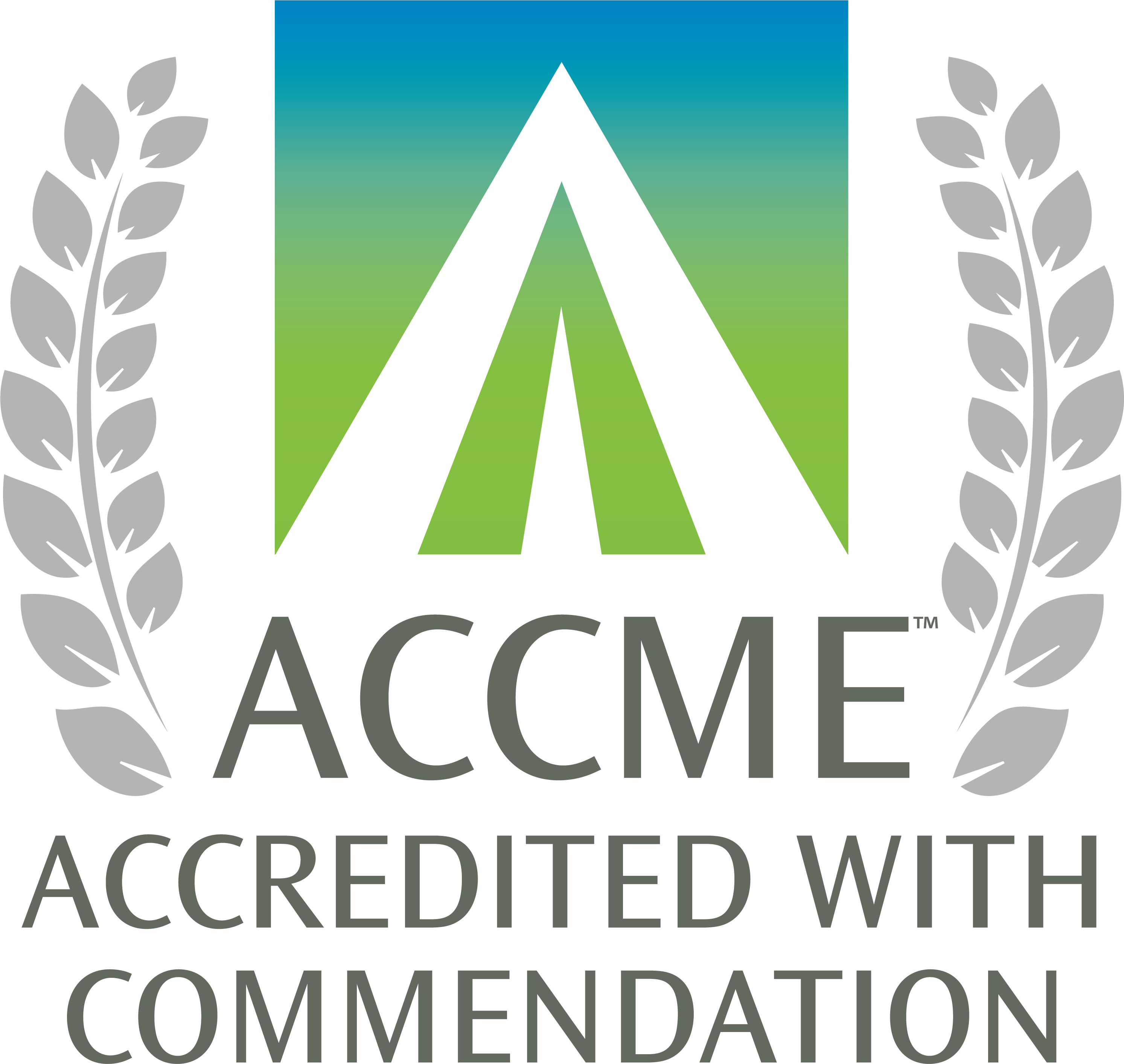FODMAP Module 05: Implementing Phase 1 - Elimination Phase (Initial Low FODMAP Phase)
To begin this activity, click Enroll. Once logged in, learners can access educational content, assessments, and evaluations. Learners who successfully complete the activity will be able to print a certificate.
Module 5:
Implementing Phase 1 - Elimination Phase (Initial Low FODMAP Phase)
Emily Haller, RD
- Identify the goal of the elimination phase to assess the efficacy of the low FODMAP diet on IBS symptom management.
- Construct realistic expectations with patients embarking on the low FODMAP diet.
- Demonstrate the basics of FODMAP education to patients including high and low FODMAP food lists, label reading, recipe modification and recommending resources such as apps, books and websites.
- Describe the importance of maintaining a thorough food & symptom journal with serving sizes and timing of symptoms.
This activity has been planned and implemented in accordance with the accreditation requirements and policies of the Accreditation Council for Continuing Medical Education (ACCME) through the joint providership of the University of Michigan Medical School and GI Institute. The University of Michigan Medical School is accredited by the Accreditation Council for Continuing Medical Education (ACCME) to provide continuing medical education for physicians.
The University of Michigan Medical School designates this enduring material for a maximum of 1.00 AMA PRA Category 1 Credit(s) ™. Physicians should claim only the credit commensurate with the extent of their participation in the activity.
Palsson O, Whitehead W, Tornblom H, et al. Prevalence of Rome IV Functional Bowel Disorders Among Adults in the United States, Canada, and the United Kingdom
Gastroenterology 2020;158:1262–1273.
Chey WD, Eswaran S, Kurlander J. Management of Irritable Bowel Syndrome. JAMA 2015; 313(9):949-958.
Agarwal N, Spiegel B. . The Effect of Irritable Bowel Syndrome on Health-Related Quality of Life and Health Care Expenditures. Gastroenterol Clin North Am. 2011;40(1):11-19.
Gralnek IM, Hayes RD, Kilbourne A, et al. The impact of IBS on health-related quality of life. GASTROENTEROL 2000;119:654–660.
Whitehead WE, Palsson O, Jones KR. Systematic review of the comorbidity of irritable bowel syndrome with other disorders: what are the causes and implications?
Gastroenterology. 2002;122:1140-1156.
Levy RL, Olden KW, Naliboff B, et al. Psychosocial aspects of the functional gastrointestinal disorders. Gastroenterology. 2006;130:1447-1458.


